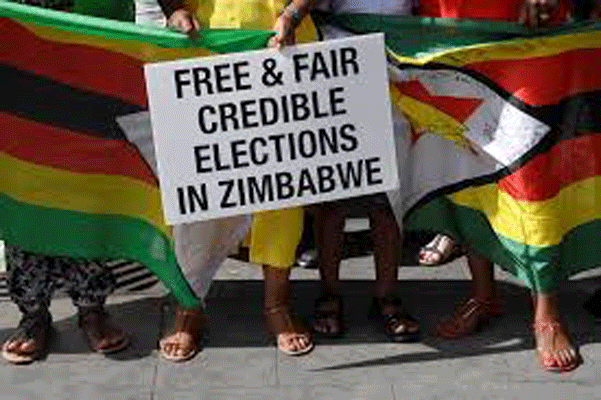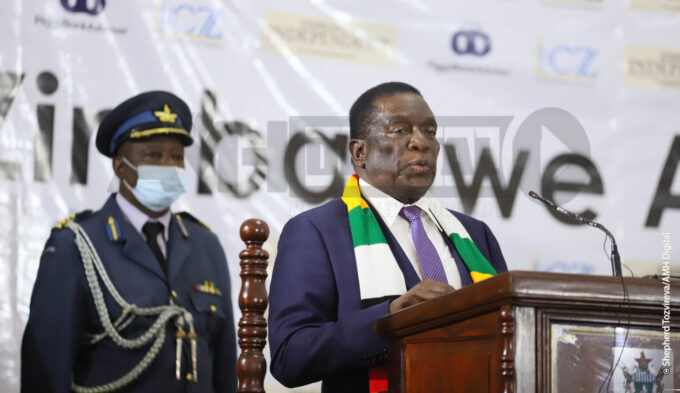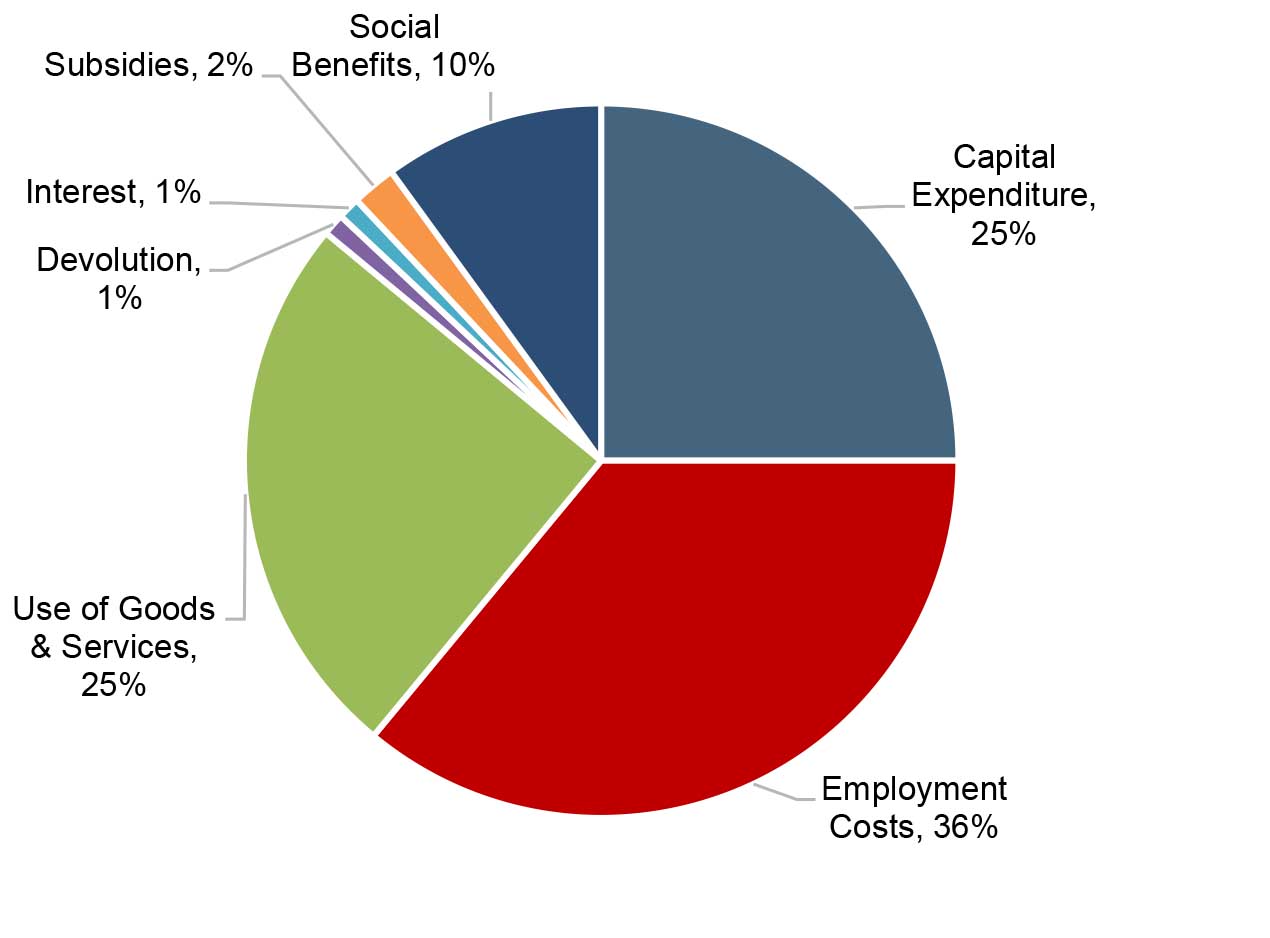
This report presented findings on the role of the military in transition and electoral processes in Zimbabwe.
The study found that the military is involved in the transition and electoral processes directly through deployment to suppress opposition mobilisation, deployment in ZEC, and indirectly through ZANU PF.
The study also revealed that the Mnangagwa government has entrenched authoritarian resilience infrastructures in an attempt to prevent the Zambian authoritarian overthrow precedence from happening in Zimbabwe in the 2023 elections.
Using the conceptual framework of militarised competitive authoritarian regimes, the report argues that the centre of gravity in Zimbabwe’s competitive authoritarian regime is the military elite who captured ZANU PF for manipulating key democracy institutions mainly the judiciary, and the legislature, the media, and ZEC.
The report also posits that the capture of ZANU PF is historical and philosophical as it is heavily ringfenced by four interrelated philosophical narratives that have made military involvement in electoral and transition processes a practicable and inexorable culture in Zimbabwe.
Thus, the report emphasises that the future of transition cannot be thought of or conceptualised without attention to the role of the security forces in that transition. The report was also informed by theoretical frameworks in Slater and Fenner (2011) to illustrate how the Mnangagwa government has built its authoritarian resilience infrastructure.











